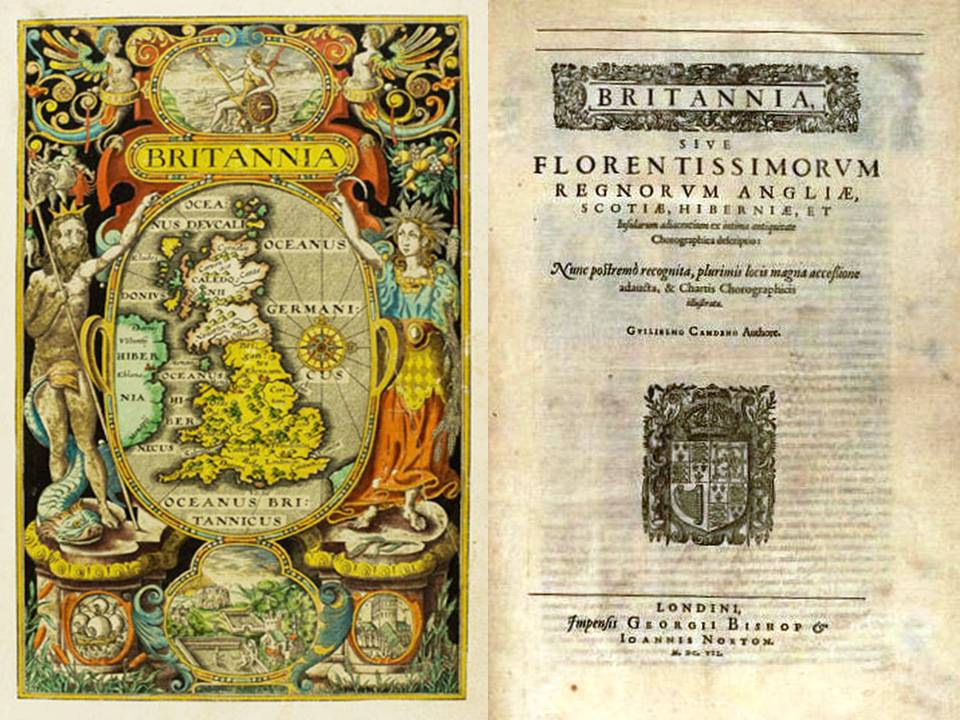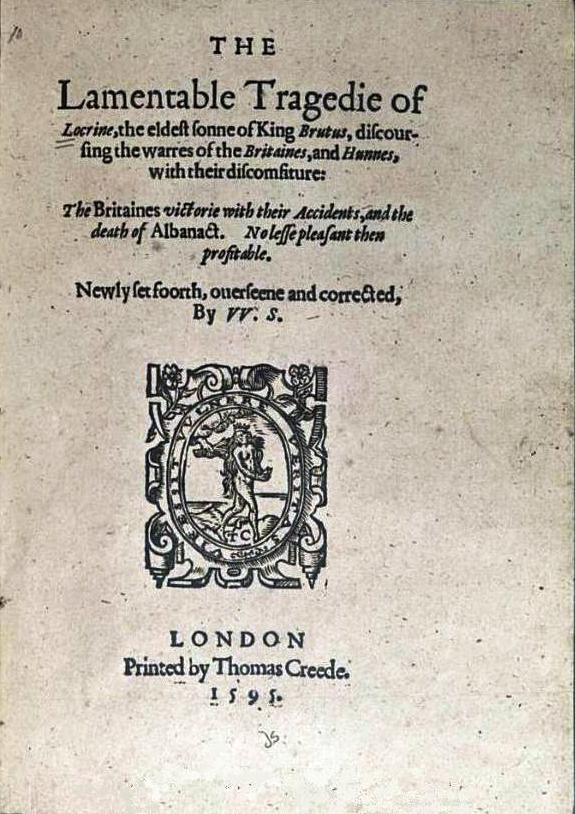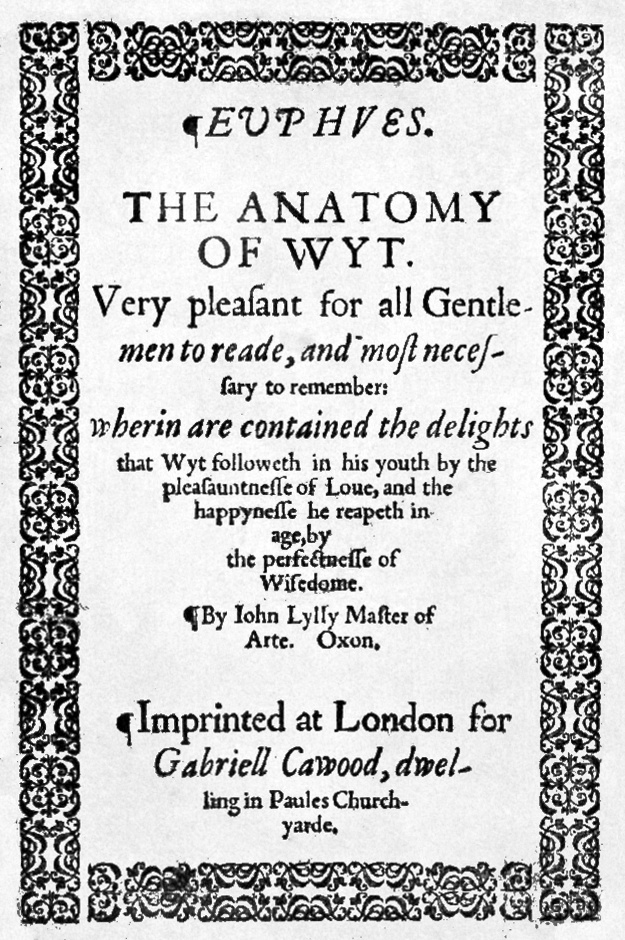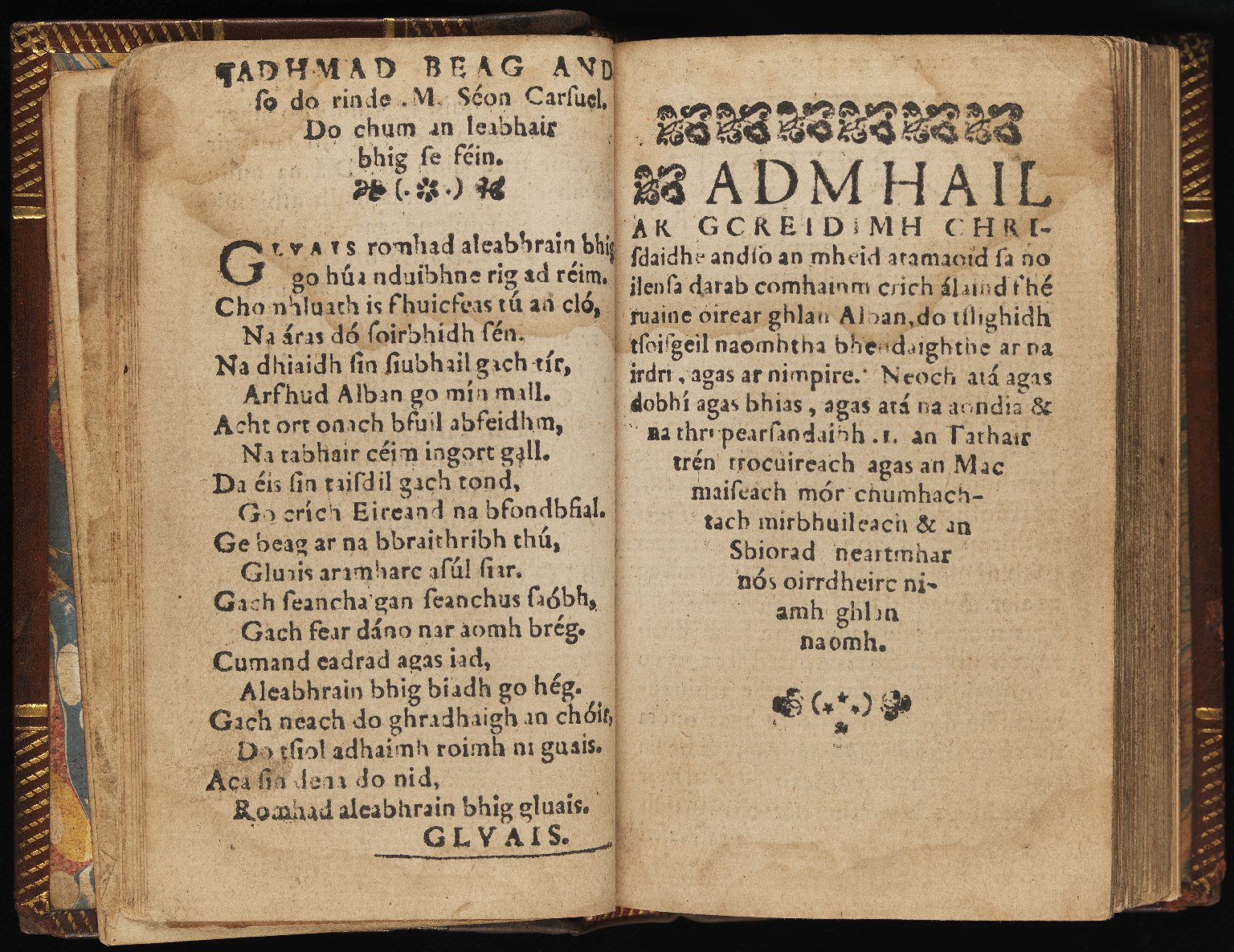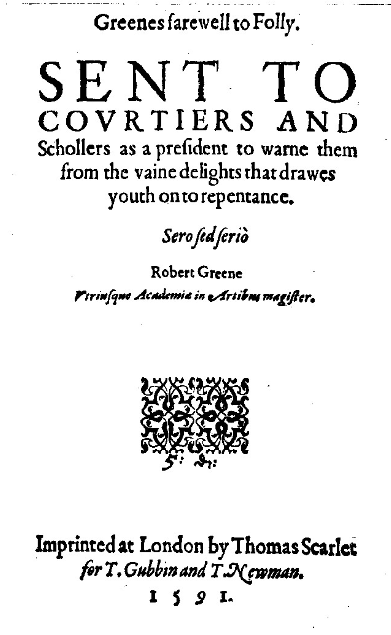|
1586 In Literature
This article contains information about the literary events and publications of 1586. Events *September 19 – The English poet Chidiock Tichborne, imprisoned in the Tower of London on the eve of being hanged, drawn and quartered for his part in the Babington Plot, writes his ''Elegy'' ("My prime of youth is but a frost of cares"). * September 22 – The English poet, critic, courtier and soldier Sir Philip Sidney is fatally wounded at the Battle of Zutphen. *''unknown dates'' **Francis Bacon takes a new seat as MP in the Parliament of England, that of Taunton. **Oxford University Press is recognised in a decree of the Star Chamber in England. New books Prose *Caesar Baronius – ''Roman martyrology'' (new edition) *William Camden – ''Britannia'' (in Latin) * Dirck Volckertszoon Coornhert – ''Zedekunst'' (Art of Ethics) * Angel Day – '' The English Secretary'' * Robert Greene – ''Morando, the Tritameron of Love'' (part 2) *John Knox – ''Historie of the Reformatioun ... [...More Info...] [...Related Items...] OR: [Wikipedia] [Google] [Baidu] |
William Camden
William Camden (2 May 1551 – 9 November 1623) was an English antiquarian, historian, topographer, and herald, best known as author of ''Britannia'', the first chorographical survey of the islands of Great Britain and Ireland that relates landscape, geography, antiquarianism, and history, and the ''Annales'', the first detailed historical account of the reign of Elizabeth I of England. Early years William Camden was born in London. His father Sampson Camden was a member of The Worshipful Company of Painter-Stainers. He attended Christ's Hospital and St Paul's School, and in 1566 entered Oxford ( Magdalen College, Broadgates Hall, and finally Christ Church). At Christ Church, he became acquainted with Philip Sidney, who encouraged Camden's antiquarian interests. He returned to London in 1571 without a degree. In 1575, he became Usher of Westminster School, a position that gave him the freedom to travel and pursue his antiquarian researches during school vacations. ''Br ... [...More Info...] [...Related Items...] OR: [Wikipedia] [Google] [Baidu] |
Christopher Marlowe
Christopher Marlowe ( ; Baptism, baptised 26 February 156430 May 1593), also known as Kit Marlowe, was an English playwright, poet, and translator of the Elizabethan era. Marlowe is among the most famous of the English Renaissance theatre, Elizabethan playwrights. Based upon the "many imitations" of his play ''Tamburlaine'', modern scholars consider him to have been the foremost dramatist in London in the years just before his mysterious early death. Some scholars also believe that he greatly influenced William Shakespeare, who was baptised in the same year as Marlowe and later succeeded him as the preeminent Elizabethan playwright. Marlowe was the first to achieve critical reputation for his use of blank verse, which became the standard for the era. His plays are distinguished by their overreaching protagonists. Themes found within Marlowe's literary works have been noted as humanistic with realistic emotions, which some scholars find difficult to reconcile with Marlowe's "anti ... [...More Info...] [...Related Items...] OR: [Wikipedia] [Google] [Baidu] |
Miguel De Cervantes
Miguel de Cervantes Saavedra ( ; ; 29 September 1547 (assumed) – 22 April 1616 Old Style and New Style dates, NS) was a Spanish writer widely regarded as the greatest writer in the Spanish language and one of the world's pre-eminent novelists. He is best known for his novel ''Don Quixote'', a work considered as the first modern novel. The novel has been labelled by many well-known authors as the "best book of all time" and the "best and most central work in world literature". Much of his life was spent in relative poverty and obscurity, which led to many of his early works being lost. Despite this, his influence and literary contribution are reflected by the fact that Spanish is often referred to as "the language of Cervantes". In 1569, Cervantes was forced to leave Spain and move to Rome, where he worked in the household of a Cardinal (Catholic Church), cardinal. In 1570, he enlisted in a Spanish Marine Infantry, Spanish Navy infantry regiment, and was badly wounded at th ... [...More Info...] [...Related Items...] OR: [Wikipedia] [Google] [Baidu] |
Locrine
''Locrine'' is an Elizabethan play depicting the legendary Trojan founders of the nation of England and of Troynovant (London). The play presents a cluster of complex and unresolved problems for scholars of English Renaissance theatre. Date ''Locrine'' was entered into the Stationers' Register on 20 July 1594 and published in 1595 in a quarto issued by printer Thomas Creede. Individual scholars have proposed dates for the play from the early 1580s on; many have favored a date c. 1591, based on the play's links with other works of the era. It has been argued, for example, that ''Locrine'' borrows from the ''Complaints'' of Edmund Spenser, published in 1591, and from ''The Complaint of Elstred,'' a poem by Thomas Lodge, written c. 1591, that circulated in manuscript before its first printing in 1593. The question of the play's date is complicated by the question of its authorship; if Charles Tilney was the play's author (see below), it must date prior to Tilney's death in 1586. ... [...More Info...] [...Related Items...] OR: [Wikipedia] [Google] [Baidu] |
George Whetstone
George Whetstone (1544? – 1587) was an English dramatist and author. Biography Whetstone was the third son of Robert Whetstone (d. 1557), a member of a wealthy family that owned the manor of Walcot at Barnack, near Stamford, Lincolnshire. George appears to have had a small inheritance which he soon spent, and he complains bitterly of the failure of a lawsuit to recover a further inheritance of which he had been unjustly deprived. In 1572 he joined an English regiment on active service in the Low Countries, where he met George Gascoigne and Thomas Churchyard. Gascoigne was his guest at Walcot when he died in 1577, and Whetstone commemorated his friend in a long elegy. Whetstone's first published work, the ''Rocke of Regard'' (1576), consisted of tales in prose and verse adapted from the Italian, and in 1578 he published ''The right, excellent and famous Historye of Promos and Cassandra'', a play in two parts, drawn from the eighty-fifth novel of Giraldi Cinthio's ''Hecatomithi ... [...More Info...] [...Related Items...] OR: [Wikipedia] [Google] [Baidu] |
Luis Barahona De Soto
Luis Barahona de Soto (1548 – 5 November 1595) was a Spanish poet. Born at Lucena (Cordoba), he was educated at Granada, and practised as a physician at Archidona (Málaga). His major work is the ''Primera parte de la Angélica'' (1586), a continuation of the ''Orlando furioso''. The second part of the poem was long believed to be lost, but fragments of it have been identified in the anonymous ''Diálogos de la monteria'', first printed in 1890; the ''Diálogos'' also embody fragments of a poem by Barahona entitled ''Los Principios del mundo'', and many graceful lyrics by the same writer have been published by Francisco Rodríguez Marín. Miguel de Cervantes describes Barahona as "one of the best poets not only in Spain, but in the whole world"; this is friendly hyperbole. Nevertheless Barahona has poetic imagination, ingenious fancy, and an exceptional mastery of the methods transplanted to Spain from Italy Italy, officially the Italian Republic, is a country in So ... [...More Info...] [...Related Items...] OR: [Wikipedia] [Google] [Baidu] |
George Puttenham
George Puttenham (1529–1590) was an English writer and literary critic. He is generally considered to be the author of the influential handbook on poetry and rhetoric, ''The Arte of English Poesie'' (1589). Family and early life Puttenham was the second son of Robert Puttenham of Sherfield-on-Loddon in Hampshire and his wife Margaret, the daughter of Sir Richard Elyot and sister of Sir Thomas Elyot. He had an elder brother, Richard. He matriculated at Christ's College, Cambridge, in November 1546, aged 17, but took no degree, and was admitted to the Middle Temple on 11 August 1556. In late 1559 or early 1560 Puttenham married Elizabeth, Lady Windsor (1520–1588), the daughter and coheir of Peter Cowdray of Herriard, Hampshire. She was the widow of both Richard, brother of William Paulet, 1st Marquess of Winchester, and William, Baron Windsor. She brought a substantial dowry to the marriage. They had at least one daughter. Somewhere around 1562, Puttenham travelled abroad ... [...More Info...] [...Related Items...] OR: [Wikipedia] [Google] [Baidu] |
Jerónimo Osório
D. Jerónimo Osório da Fonseca (1506 – 20 August 1580) was a Portuguese Roman Catholic humanist bishop, historian and polemicist. An extensive notice of his life and thought (''Vita'') was written by his nephew, a canon of Évora also named Jerónimo Osório, to introduce his edition of his uncle's ''Complete Works'' (dedicated to King Philip I of Portugal) published in 1592. Life Young life and education Osório was a native of Lisbon and one of two sons of João Osório de Fonseca, and Francisca, daughter of Affonso Gil de Gouveia, Ouvidor of the lands of the Infante Ferdinand, both families of aristocratic lineage. His father, appointed by John III to be Ouvidor Geral (Auditor-General) of Portuguese rule in India, went alone, and there found himself under the authority of Vasco da Gama. Jerónimo, at school in Portugal, showed such prodigious ability in Latin that in 1519, when aged 13, his mother sent him to Salamanca in Spain to study civil law. Two years later, ... [...More Info...] [...Related Items...] OR: [Wikipedia] [Google] [Baidu] |
John Lyly
John Lyly (; also spelled ''Lilly'', ''Lylie'', ''Lylly''; born c. 1553/54 – buried 30 November 1606)Hunter, G. K. (2004)"Lyly, John (1554–1606)". ''Oxford Dictionary of National Biography''. Oxford University Press. Retrieved 23 January 2012. was an English writer, playwright, courtier, and parliamentarian. He first achieved success with his two books ''Euphues, Euphues: The Anatomy of Wit'' (1578) and its sequel ''Euphues and His England'' (1580), and then became a dramatist, writing eight plays which survive, at least six of which were performed before Elizabeth I, Queen Elizabeth I. Lyly's distinctive and much imitated literary style, named after the title character of his two books, is known as ''euphuism''. He is sometimes grouped with other professional dramatists of the 1580s and 1590s like Christopher Marlowe, Robert Greene (dramatist), Robert Greene, Thomas Nashe, George Peele, and Thomas Lodge, as one of the so-called University Wits. He has been credited by some ... [...More Info...] [...Related Items...] OR: [Wikipedia] [Google] [Baidu] |
John Knox
John Knox ( – 24 November 1572) was a Scottish minister, Reformed theologian, and writer who was a leader of the country's Reformation. He was the founder of the Church of Scotland. Born in Giffordgate, a street in Haddington, East Lothian, Knox is believed to have been educated at the University of St Andrews and worked as a notary-priest. Influenced by early church reformers such as George Wishart, he joined the movement to reform the Scottish Church. He was caught up in the and political events that involved the murder of Cardinal David Beaton in 1546 and the intervention of the regent Mary of Guise. He was taken prisoner by French forces the following year and exiled to England on his release in 1549. While in exile, Knox was licensed to work in the Church of England, where he rose in the ranks to serve King Edward VI of England as a royal chaplain. He exerted a reforming influence on the text of the ''Book of Common Prayer''. In England, he met and married hi ... [...More Info...] [...Related Items...] OR: [Wikipedia] [Google] [Baidu] |
Robert Greene (dramatist)
Robert Greene (1558–1592) was an English author popular in his day, and now best known for a posthumous pamphlet attributed to him, '' Greene's Groats-Worth of Witte, bought with a million of Repentance'', widely believed to contain an attack on William Shakespeare. Greene was a popular Elizabethan dramatist and pamphleteer known for his negative critiques of his colleagues. He is said to have been born in Norwich. He attended Cambridge where he received a BA in 1580, and an M.A. in 1583 before moving to London, where he arguably became the first professional author in England. He was prolific and published in many genres including romances, plays and autobiography. Family According to the author Brenda Richardson, the "chief problem" in compiling a biography of Robert Greene was his name. ''Robert'' was one of the most popular given names of the era and ''Greene'' was a common surname. L. H. Newcomb suggests that Robert Greene "was probably the Robert Greene, son of Robert ... [...More Info...] [...Related Items...] OR: [Wikipedia] [Google] [Baidu] |
